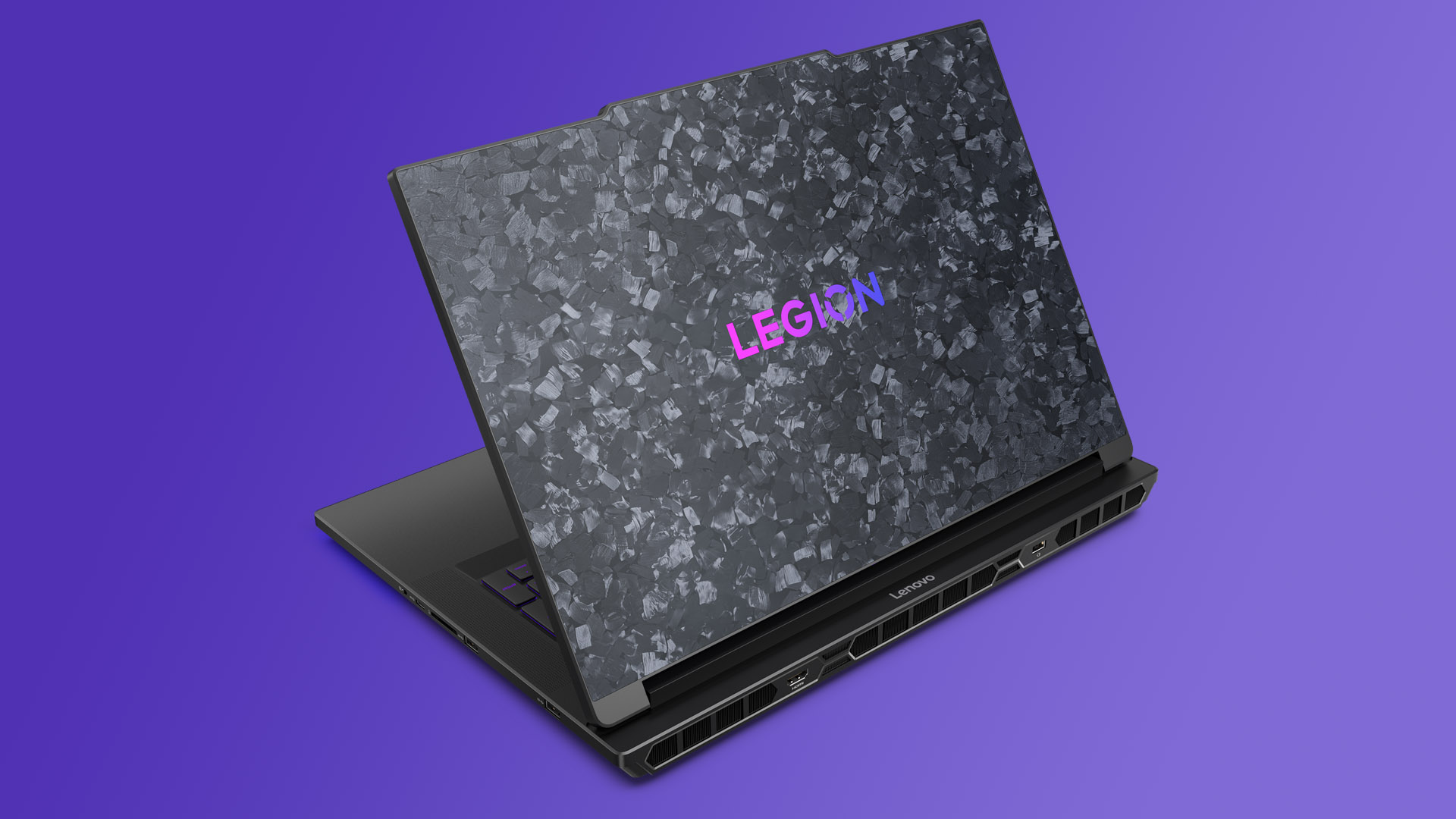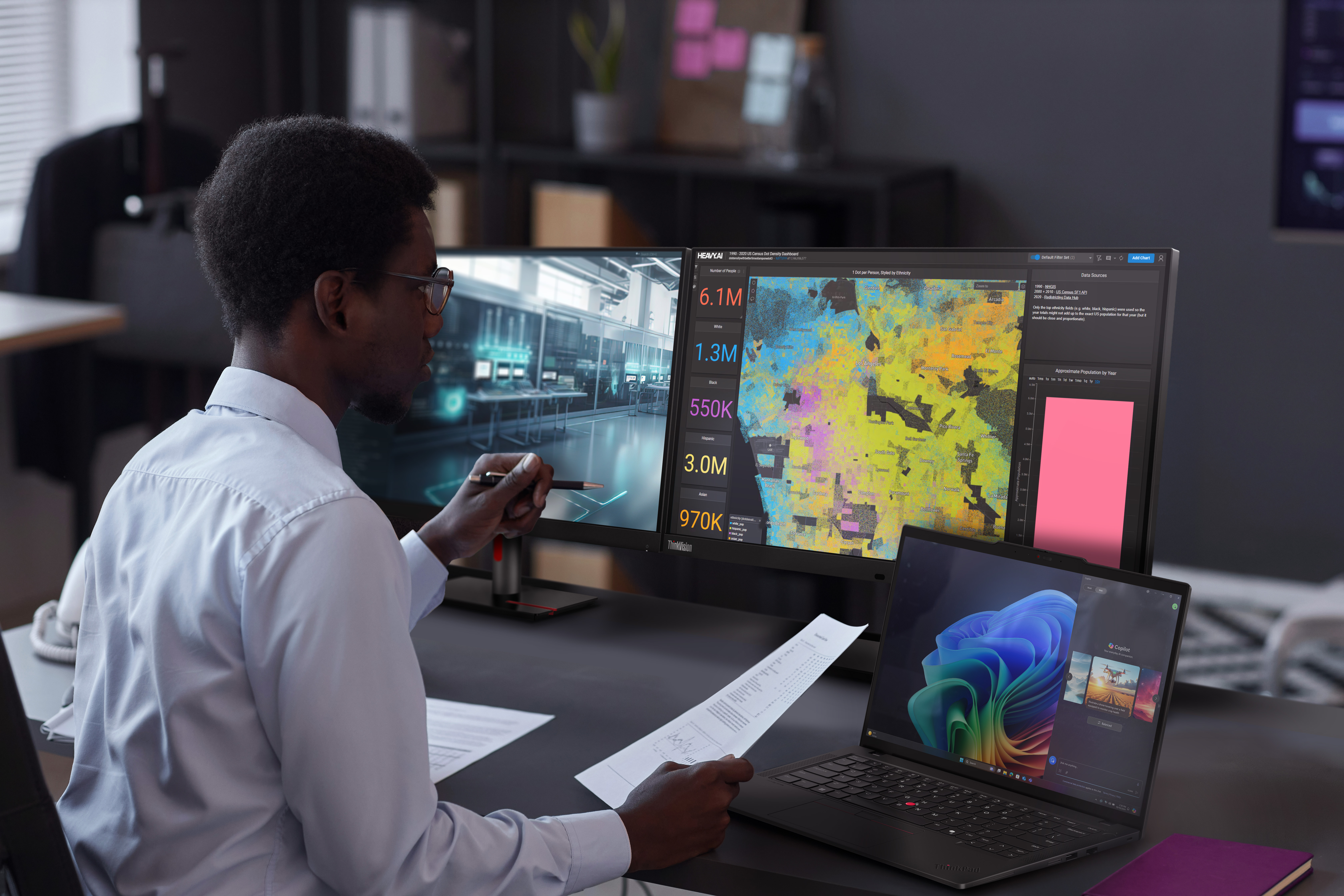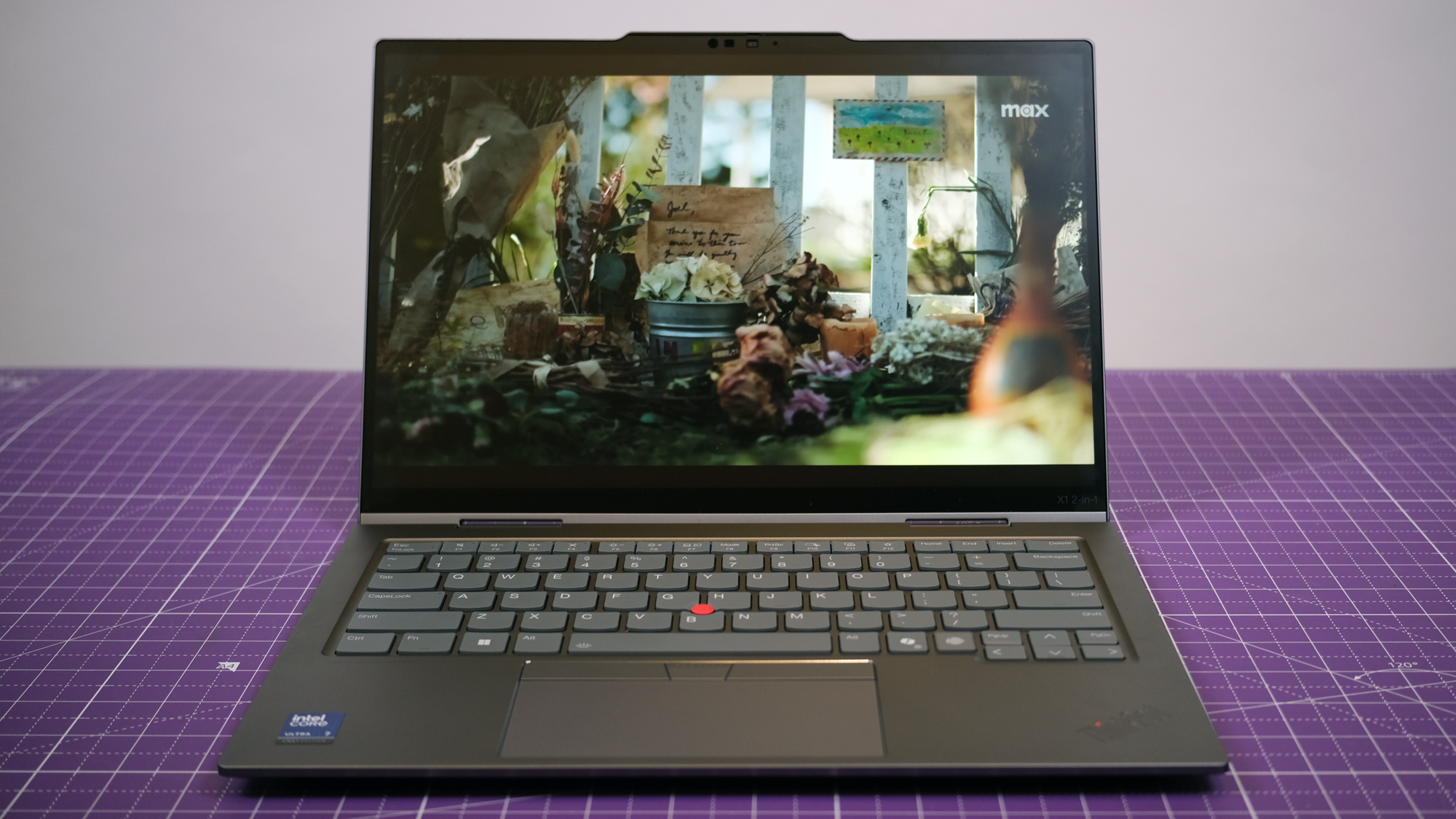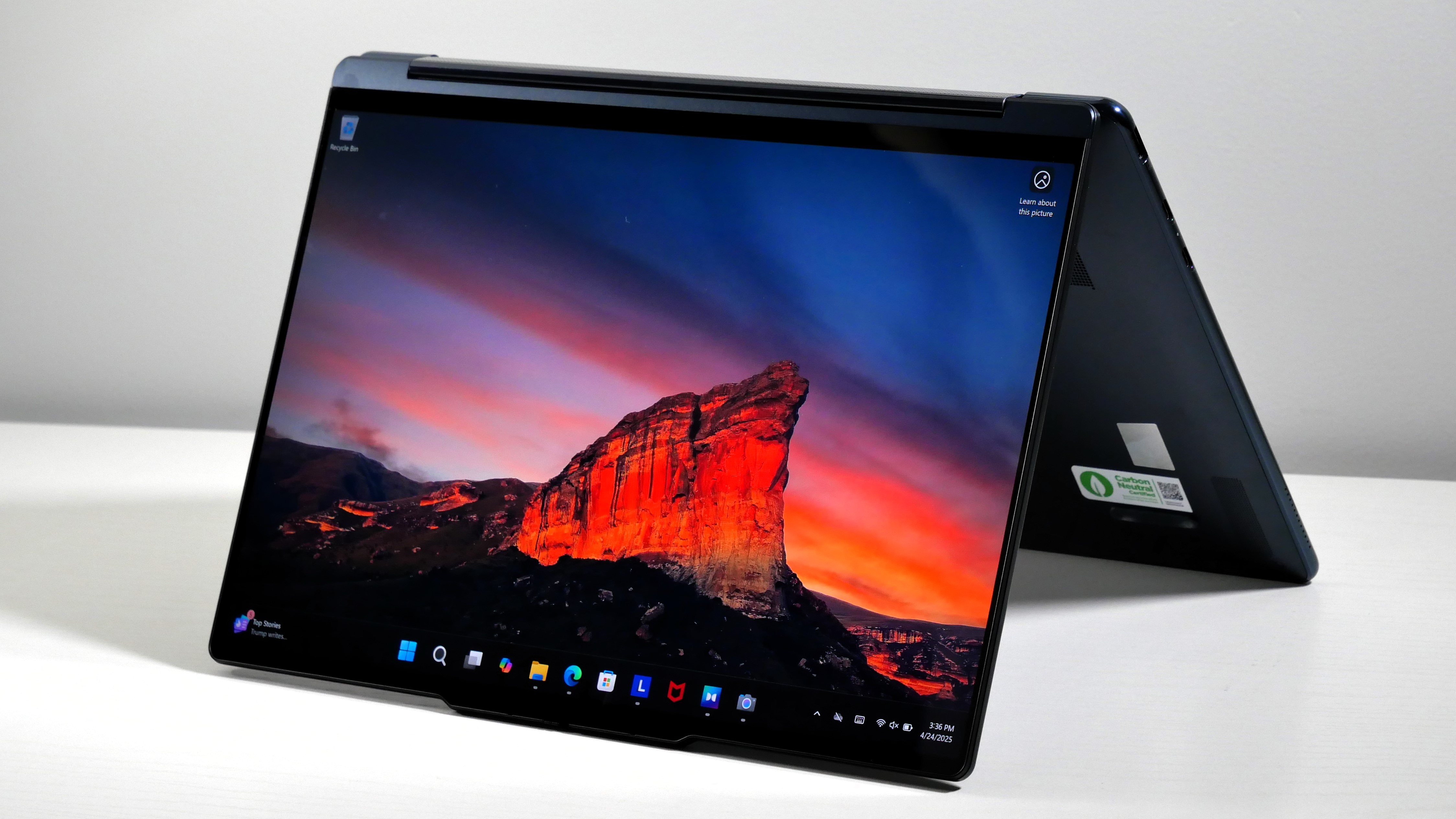Lenovo's CEO has spoken: Tariffs aren't a challenge. It's something else.
In a WSJ interview, Lenovo CEO Yang Yuanqing speaks to the company's resilience against tariffs.

Sign up to receive The Snapshot, a free special dispatch from Laptop Mag, in your inbox.
You are now subscribed
Your newsletter sign-up was successful
In an interview with The Wall Street Journal this week, Lenovo CEO Yang Yuanqing said his company was well-positioned to handle US President Donald Trump’s tariffs.
It's not the tariffs that are the problem, Yuanqing said in the interview. It's something else entirely.
As panic has set into both the China and US markets, Lenovo claims that its recent moves into new manufacturing bases shield it from many of the potential cost increases that some of its competitors could face.
According to various sources, Lenovo holds between 23.5% and 33% of the world's laptop market share, and in the US, estimates are that the company has about 17% of the market share.
How we got here
In recent months, Trump signed a series of bills that fundamentally changed the trade relationship between the US and China, which was formerly active but still had the US operating at a trade deficit.
While Trump has backed off on his peak importer tariff on China of 145%, tensions still remain high as both countries trade reciprocal jabs back and forth.
One of the markets most likely to be hit by the trade war is electronics, as most laptops, PCs, gaming consoles, and smartphones are all manufactured within China’s borders.
Sign up to receive The Snapshot, a free special dispatch from Laptop Mag, in your inbox.

During his interview with the Journal, Lenovo CEO Yang Yuanqing said the company's most significant protection against the United States' tariffs on China was its decision to move its production of US-bound laptops from China to Vietnam by the end of June.
This is in response to Trump’s initial 145% tariff, which Yang says cost Lenovo $15 million before the rate came back down.
While the current US tariff on China was 40% as of this writing, Vietnam is only subject to the global tariff of 10%.
The president's economic plans have been widely criticized by all sides of the political spectrum as creating uncertainty in global markets. Here are a few recent reports:
- "Trump's economy at 100 days: Unprecedented uncertainty reigns," reported NBC recently.
- "Tell Us How the Tariff Uncertainty Is Affecting Your Business," The New York Times asked of its readers.
- "Federal Reserve remains wary of Trump's tariff policy as economic uncertainty looms," reported Fox News.
Yang Yuanqing put it like this to the WSJ:
“The challenge is not the tariff itself; it’s the uncertainty.”
Yang said Lenovo’s diversified supply chain, which currently encompasses 11 different countries, was key to ensuring the company’s continued market domination in laptops and mobile devices.
Not the first time around
“As long as we know what the end game is, we will adjust quickly.”
This isn’t the first time electronics have been tariffed. Both India and Brazil have experimented with placing tariffs on computers and laptops in the past.
Navigating the waters of international trade bouts is a must-have quality for any global conglomerate of Lenovo’s size.

The company recently posted fiscal 2025 results that were some of the best ever for Lenovo, showcasing a broad portfolio of products that remain relevant in the eyes of many different consumers.
This includes the new Legion 9i gaming laptop, which debuted at this year’s Lenovo Tech World conference and which we named one of the best upcoming options for designers and gamers alike.
Lenovo hasn’t made firm plans to develop larger production facilities in the US in response to tariffs.
The company’s current operations in the country don’t extend much further than processing and logistics rather than manufacturing.

Yang also says the company doesn’t have plans to move out of China entirely, “China still gives us a lot of advantages in manufacturing,” the CEO said. “The more diversified you are, the more resilient you are.”
The competition for the US market at affordable prices remains stiff, with both Dell and HP working with Intel domestically to bring costs down on machines and chips fabricated within US borders.
Will your next Lenovo laptop be more expensive than HP or Dell?
Depending on how much it costs Lenovo to move production of US laptops to Vietnam, as well as the 10% base tariff, Lenovo customers could expect to see some sticker shock soon.
However, given Lenovo’s reputation for quality and performance in many of the devices it launches, brand faithfuls may be willing to take on a slight bump in cost to weather what is hopefully just a temporary storm.
More from Laptop Mag

Chris Stobing grew up in the heart of Silicon Valley and has been involved with technology since the 1990s. Previously at PCMag, I was a hardware analyst benchmarking and reviewing consumer gadgets and PC hardware such as desktop processors, GPUs, monitors, and internal storage.
He's also worked as a freelancer for Gadget Review, VPN.com, and Digital Trends, wading through seas of hardware and software at every turn. In his free time, you’ll find Chris shredding the slopes on his snowboard in the Rocky Mountains where he lives, or using his culinary-degree skills to whip up a dish in the kitchen for friends.
